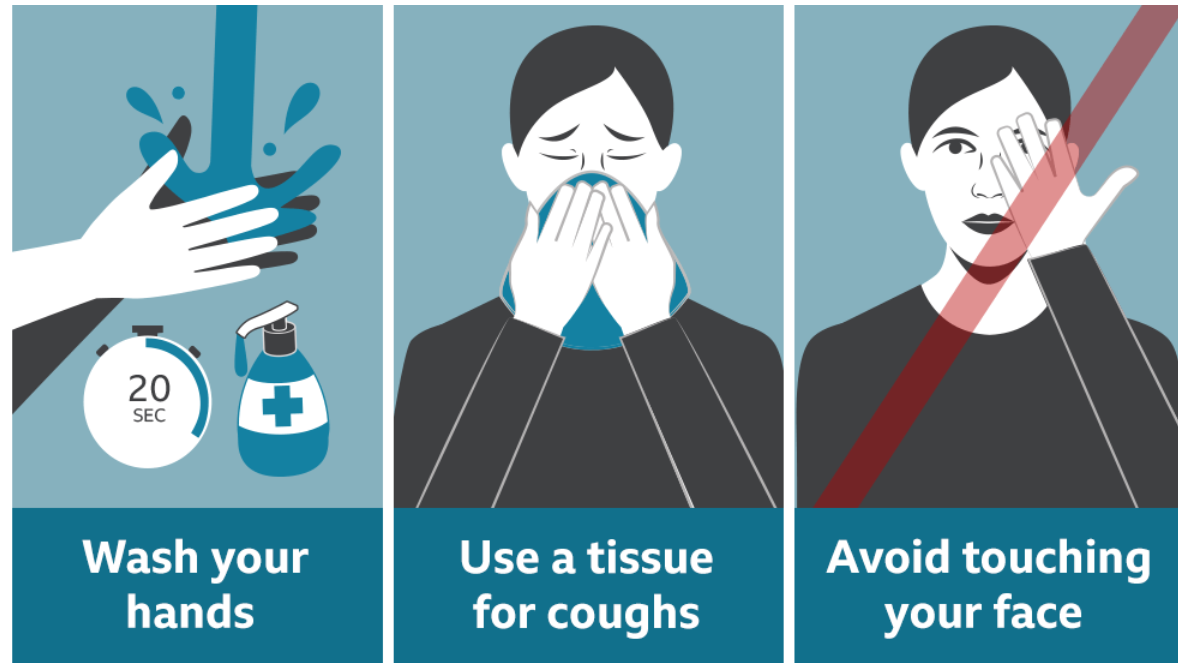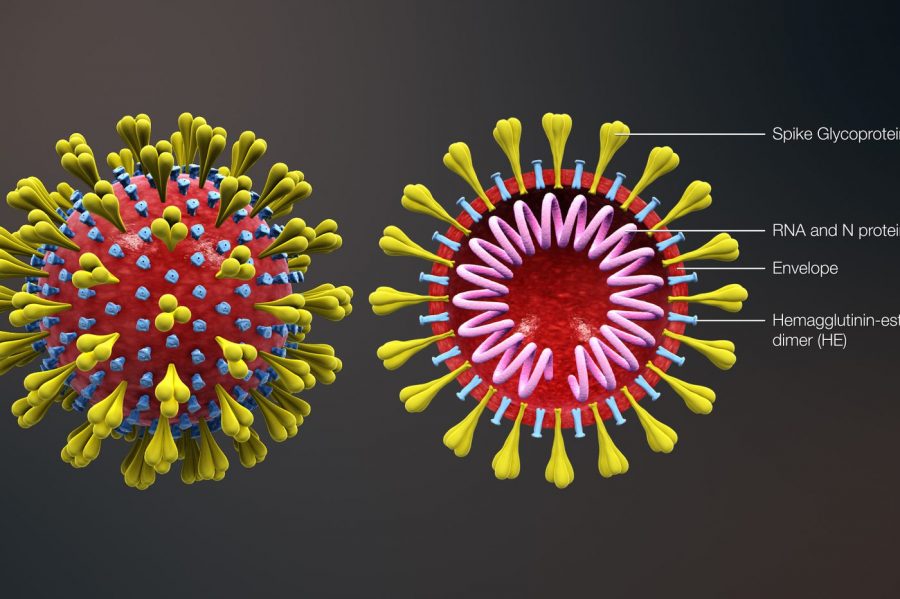COVID-19, the disease caused by the new coronavirus (SARS-CoV-2), continues to spread around the world, with an increasing number of cases. The World Health Organization (WHO) has declared the disease a pandemic—a disease outbreak occurring over a wide geographic area and affecting an exceptionally high proportion of the population. According to the WHO, there have been more than 130,000 confirmed cases of people sickened by COVID-19 and almost 5,000 people have died from the disease as on dated 13th March 2020—a death toll that has far surpassed that of the severe acute respiratory syndrome (SARS) epidemic that occurred in 2002 and 2003. Officials everywhere have implemented measures to contain the virus, including cancellations, closures, travel restrictions and quarantines.

SARS-CoV-2 is a virus that scientists haven’t seen before. Like other viruses—including Ebola (a deadly infectious disease that originated in Africa) and influenza—it is believed to have started in animals and spread to humans. (Specifically, SARS-CoV-2 is a betacoronavirus, which means it had its origins in bats.) Animal-to-person spread was suspected after the initial outbreak among people who had a link to a large seafood and live animal market in Wuhan, China.
Scientists and public health officials are working to find answers to key questions about the severity of the disease and its transmission.

To know more about Confirmed Cases and Deaths by Country, Territory, or Conveyance, click below link -https://www.worldometers.info/coronavirus
How is COVID-19 spread?
Recent information indicates COVID-19 may be passed from person to person. Community spread is being seen, also. Community spread means people have been infected with the virus in a particular area, including some people who are not sure how or where they became infected. COVID-19 has been detected in people throughout China and in over 100 other countries, including the United States.
How did this new coronavirus spread to humans?
The spread of this new coronavirus is being monitored by the Centers for Disease Control (CDC), the World Health Organization and health organizations like Johns Hopkins across the globe. On Jan. 30, the World Health Organization declared the COVID-19 outbreak a public health emergency.
COVID-19 appeared in Wuhan, a city in China, in December 2019. Although health officials are still tracing the exact source of this new coronavirus, early hypotheses thought it may be linked to a seafood market in Wuhan, China. Some people who visited the market developed viral pneumonia caused by the new coronavirus. A study that came out on Jan. 25, 2020, notes that the individual with the first reported case became ill on Dec. 1, 2019, and had no link to the seafood market. Investigations are ongoing as to how this virus originated and spread.
What is the incubation period for COVID-19?
It appears that symptoms are showing up in people within 14 days of exposure to the virus.

What are symptoms of COVID-19?
- Cough
- Fever
- Shortness of breath
In rare cases, COVID-19 can lead to severe respiratory problems, kidney failure or death. If you have a fever or any kind of respiratory difficulty such as coughing or shortness of breath, call your doctor or a health care provider and explain your symptoms over the phone before going to the doctor’s office, urgent care facility or emergency room.
Over the phone, be sure to tell them if you have traveled outside the country in the last 14 days, particularly to countries affected by COVID-19 (currently China, Iran, Italy, Japan, Spain and South Korea). Also, be sure to tell them if you suspect you have been close (within 6 feet) of someone who has COVID-19 for an extended period. Your health care provider or the emergency room team will recommend next steps.
How is COVID-19 diagnosed?
Diagnosis may be difficult with only a physical exam because mild cases of COVID-19 may appear similar to the flu or a bad cold. A laboratory test can confirm the diagnosis.
How is COVID-19 treated?
As of now, there is not a specific treatment for the virus. People who become sick from COVID-19 should be treated with supportive measures: those that relieve symptoms. For severe cases, there may be additional options for treatment, including research drugs and therapeutics.
Does COVID-19 cause death?
As of Mar. 15, 2020, 5,833 deaths have been attributed to COVID-19. However, 73,968 people have recovered from the illness. This information comes from the Coronavirus COVID-19 Global Cases map developed by the Johns Hopkins Center for Systems Science and Engineering.
How do you protect yourself from this coronavirus?

The Centers for Disease Control and Prevention (CDC) has these suggestions:
- Wash your hands frequently and thoroughly for at least 20 seconds. Use alcohol-based hand sanitiser if soap and water aren’t available.
- Cover coughs and sneezes with a tissue, then throw the tissue in the trash.
- Avoid touching your eyes, nose or mouth with unwashed hands.
- Stay home when you are sick.
- Clean and disinfect surfaces and objects people frequently touch.
Slight references taken from yalemedicine & hopkinsmedicine


